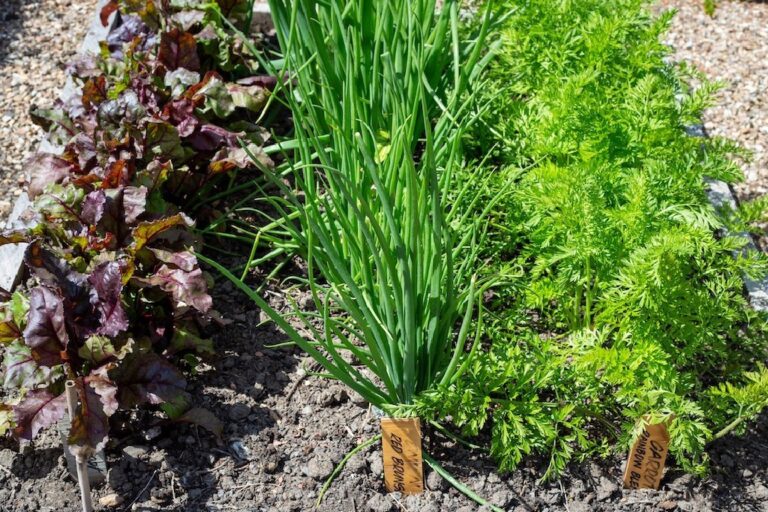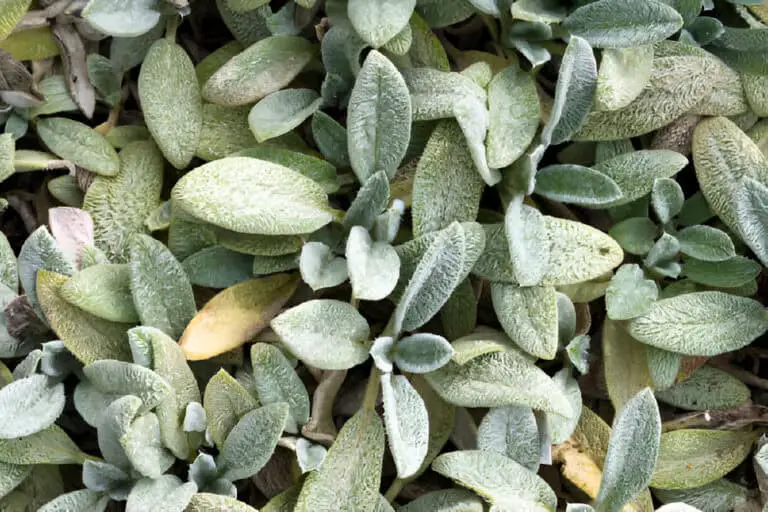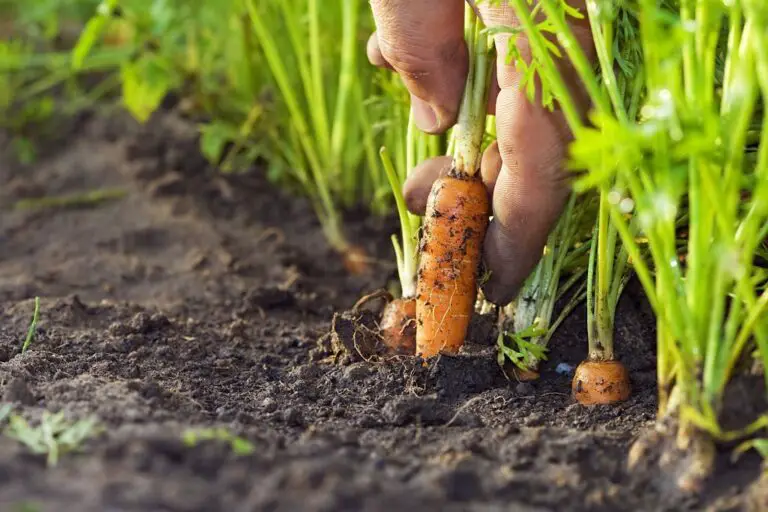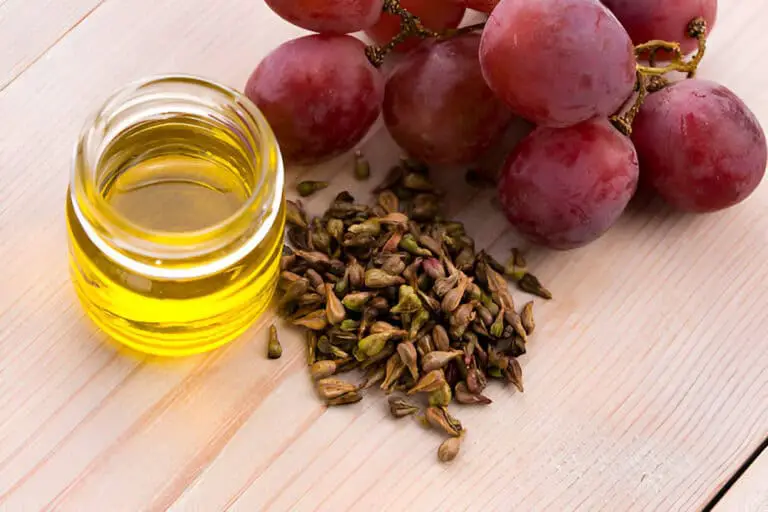Top Value-Added Specialty Crops You Need to Know for Cultivating Profits
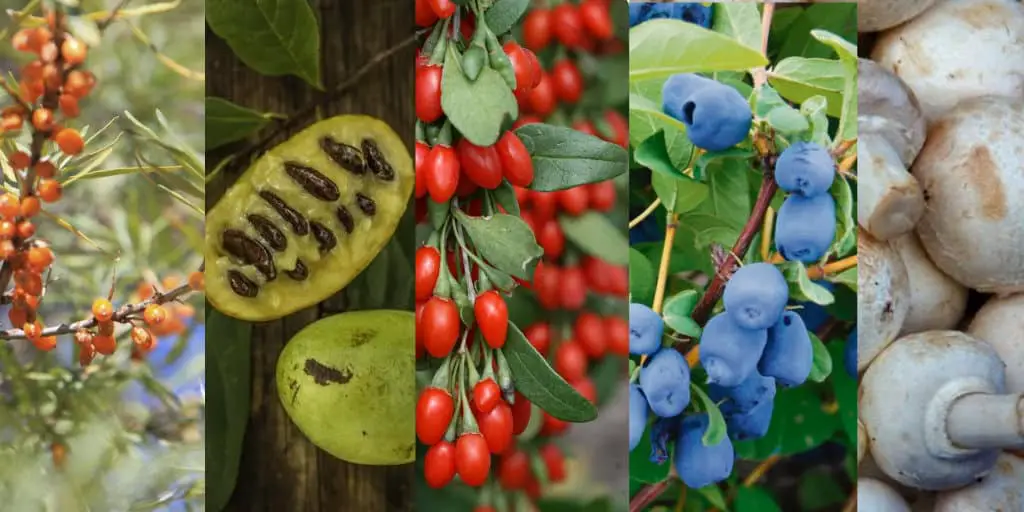
Growing up on a farm, I often found myself surrounded by fields of lush green crops and the sweet scent of fresh produce. It was there that I learned the importance of not just growing food but also transforming it into something more—something that could fetch a higher price at the market.
This journey led me to the world of value-added specialty crops. If you’re looking to maximize your profits and tap into niche markets, understanding these crops can be a game changer.
So, what exactly are value-added specialty crops? They are crops that have been processed or transformed into products that add value beyond their raw form. Think of jams made from fresh berries, artisan cheeses crafted from local milk, or unique spice blends that elevate home cooking.
These products not only bring higher profits but also foster deeper connections between producers and consumers. Have you ever wondered how you can turn your farming efforts into a lucrative venture? Let’s dive into the world of value-added specialty crops!
Understanding Value-Added Specialty Crops
Value-added specialty crops go beyond traditional farming; they require a blend of creativity and agricultural knowledge. Imagine walking into a local farmers’ market. Instead of just rows of tomatoes and cucumbers, you see vibrant jars of homemade salsa, fresh herbal teas, and handcrafted soaps made from farm ingredients. This not only attracts more customers but also invites them to experience something unique.
When you consider value-added crops, think of how you can enhance the appeal of your products. The process might involve anything from packaging to marketing. For example, a small-scale farmer could take their excess tomatoes and turn them into gourmet pasta sauce, allowing them to sell a product that stands out on store shelves.
Why Cultivating Value-Added Crops is Beneficial
The benefits of cultivating value-added specialty crops are manifold. First, these crops can lead to higher profit margins. While a farmer might sell fresh produce for a certain price, processed products often yield a much higher return.
Additionally, adding value to your crops can help you extend your growing season. For instance, freezing or canning fruits and vegetables allows you to sell them long after the harvest season ends. This diversification not only smooths out income fluctuations but also attracts a wider customer base.
Another compelling reason to explore value-added crops is the growing demand for local andartisanal products. Consumers increasingly prefer to purchase goods that have a story behind them. They want to know where their food comes from and how it was made. By producing value-added items, you create a direct line of communication with your customers, fostering loyalty and community support.
Top Value-Added Specialty Crops to Consider
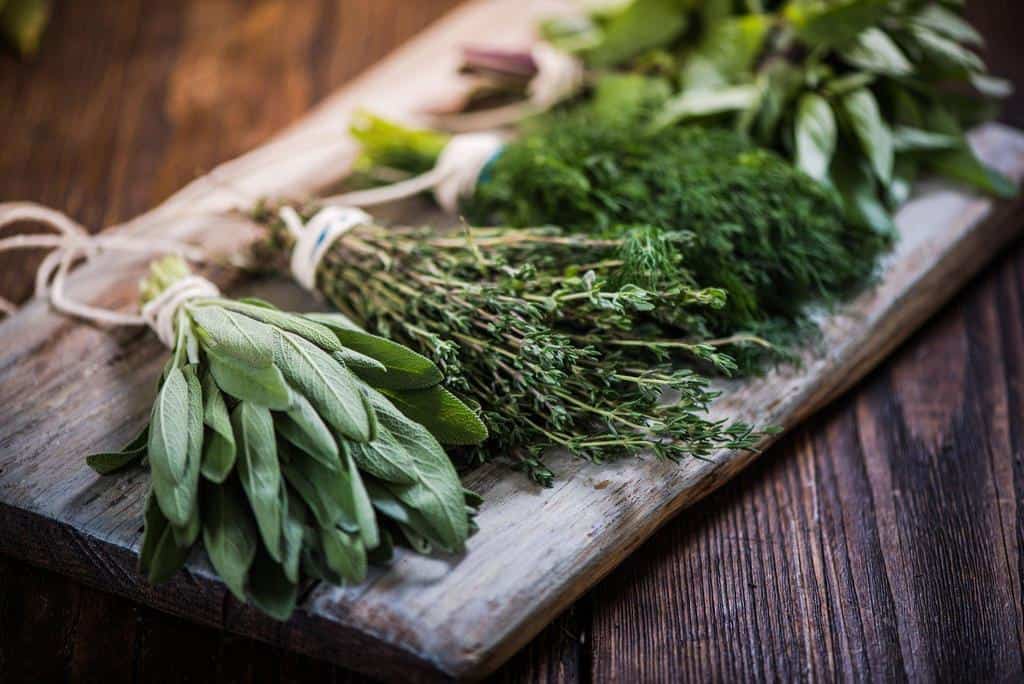
- Herbs and Spices: Fresh herbs are always in demand, and transforming them into dried spices or herbal blends can significantly increase their value. For example, basil can be turned into pesto, or rosemary can become an aromatic seasoning blend.
- Fruits for Jams and Jellies: Berries, peaches, and apples are perfect candidates for jams and jellies. By canning these fruits, you can offer unique flavors that entice customers looking for local, homemade products.
- Artisan Cheese: If you have access to dairy cows or goats, consider diving into cheese-making. Specialty cheeses, like goat cheese or flavored cream cheeses, can attract foodies and elevate your product line.
- Microgreens: These tiny greens pack a nutritional punch and are increasingly popular among health-conscious consumers. Selling them fresh or dried can cater to various markets, including restaurants and home cooks.
- Specialty Sauces and Dressings: Take your homegrown produce and create unique sauces, dressings, or marinades. A fresh tomato salsa or a tangy vinaigrette can sell well at farmers’ markets and local grocery stores.
- Pickles and Ferments: With the rising interest in gut health, fermented foods are trending. Pickling cucumbers, beets, or carrots not only extends their shelf life but also taps into this health-conscious market.
- Baked Goods: If you have a knack for baking, consider incorporating your crops into delicious treats. Seasonal pies, breads, and pastries can showcase your produce and draw in customers.
Marketing Your Value-Added Products
Once you’ve decided on your value-added specialty crops, the next step is marketing. You want to showcase your products in a way that resonates with potential buyers. Start by creating attractive labels and packaging that tell the story of your farm. Utilize social media platforms to share your journey and engage with customers. Videos of your process—like canning jam or making cheese—can create a connection and spark interest.
Consider setting up tastings at farmers’ markets to allow customers to sample your products. This interactive experience can turn casual shoppers into loyal customers. You can also explore collaborations with local restaurants to feature your items on their menus, which can expand your reach and reputation in the community.
Challenges to Consider
While the world of value-added specialty crops offers promising opportunities, it’s essential to be aware of potential challenges. Regulatory requirements can be daunting, as many processed foods need to adhere to specific guidelines. Research local regulations regarding food safety and packaging to ensure compliance.
Additionally, investing in equipment for processing, packaging, or labeling can require upfront costs. However, think of this as a long-term investment in your business. As your products gain traction, the returns can outweigh initial expenses. It’s about weighing the risks and rewards.
Conclusion: Start Your Journey Today
Embracing value-added specialty crops can transform your farming operation and open doors to new opportunities. With the right mix of creativity, dedication, and knowledge, you can cultivate not just crops but also a thriving business. So, whether you’re growing herbs in your backyard or producing artisan cheeses on a larger scale, the potential for profit is ripe for the picking.
As you embark on this exciting journey, remember to stay connected to your customers. Share your passion and the stories behind your products. After all, food isn’t just about sustenance; it’s about connection, culture, and community. So roll up your sleeves and dive into the world of value-added specialty crops. You never know how fruitful your efforts can be!

